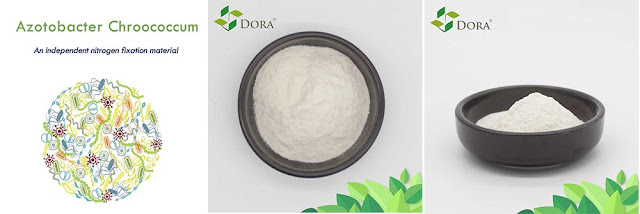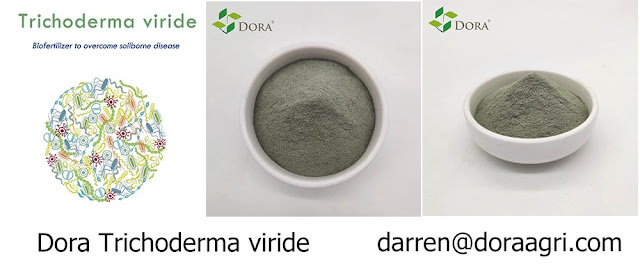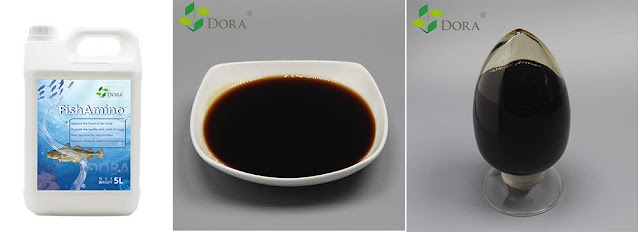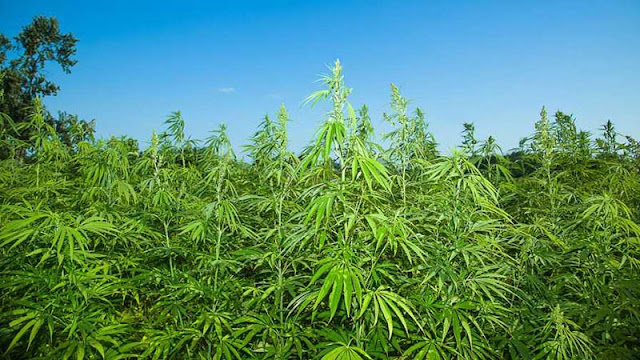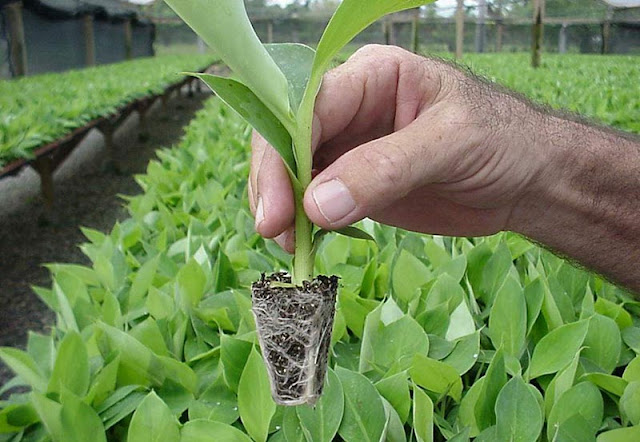Organic Gardening - Cultivating a Healthy Soil to Prevent Disease and Pest Problems in Your Garden

It is all about the soil, the foundation for growing healthy plants that can defend themselves from disease and pest problems in the garden naturally. Good healthy soil is one that can provide for plants so that they can nurture themselves. It gives them the ability to find and use the nutrients that are stored in the soil as they need them. How to prevent soil-borne diseases When plants are grown in soil with poor structure quality, compact, and low in nutrients, they will grow weak and be stressed by nutrient deficiencies. This leaves the plant being an open target, or prey, for insects and diseases. Having a soil that has a good healthy organic structure, one that retains the nutrients and moisture that plants need, along with being well-drained and one that supports the vast complex community of live that is needed to continuously improve the soil's structure while feeding on the pests, along with the disease organisms is very important. Pests and disease organisms

